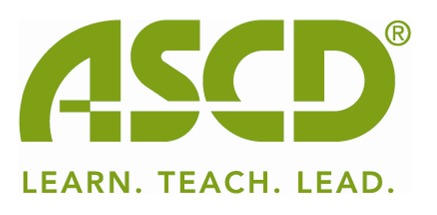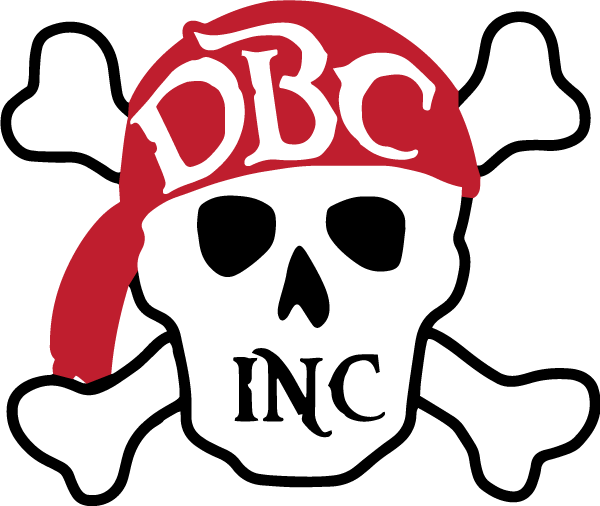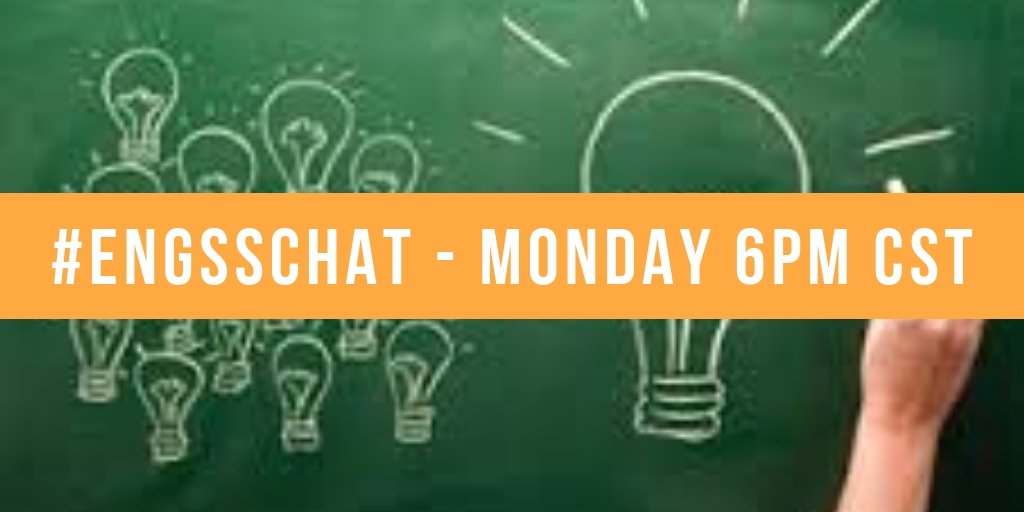As I embark on my second stint in this teacher-leader role, I refuse to allow my debut venture to be followed up by a sophomore slump. Although, as I do my research U2 and even Michael Jackson's second albums initially flopped, and the beat seemed to go on for them. Rejected records aside, I want to ensure that educational goals are being met on multiple levels and that our district initiatives are being modeled and effectively implemented both for and by teachers. According to the research, teachers thrive when they have opportunities to observe, experience, and practice the strategies being asked of them in the coming years for initiatives to succeed. Also, they need to feel supported in their experimenting and potential failing as they implement new concepts, techniques, and tools.
What's the best type of PD you've ever experienced?
This past year, I was fortunate to be sent to several conferences in search of the holy grail of techniques and tools to utilize while coaching other teachers. In my pursuits, I did discover common themes that I found engaging and some that I found less effective. The most memorable conferences or sessions I attended were lively, customized to the audience, and focused on relationships. Traditional sit-and-gets did not captivate me as much as the experiences that encouraged me to step (just a little) outside of my comfort zone and forge relationships with others. Strategies that work in the classroom and the latest best practices for students parallel powerful practices for adults. By the end of the school year, I realized that the answer to this seemingly paradoxical quest was apparent all along.
We learn through experiences - by experimenting and applying what we discover. As such, sitting-and-getting for teachers who have a to-do list longer than Michael Jackson's list of awards or Bono’s philanthropic accomplishments aren’t effective. So let's beat it with the traditional methods of professional development and make teachers’ learning experiences, oh-oh-oh, the sweetest thing.
Reduce the number of sit-and-gets.
Sit-and-gets have their time and place. When an administrator has direct information to disseminate, of course, he or she will address the staff. Sometimes for the sake of efficiency, not every moment can be completely enthralling, but those moments can be brought to a minimum. Even on occasions when a more traditional professional development session is being held, like a lunch-and-learn or school improvement day session, the structure of the meeting does not need to be black and white. Teachers can drive their learning, choosing how they implement the strategy or tool being taught. They can share their ideas and be asked to present, create, and engage in multiple ways. Thanks to online tech tools that promote collaboration and sharing in a variety of ways, teachers can also get involved in these sessions, making it more of an experience than a lecture. Teachers' voices can be amplified not only through participation but also through feedback that can occur live and in person. When a person feels heard, the objectives of the experience can be achieved more readily, and teachers are more likely to leave the session feeling empowered rather than disengaged.
Have a conversation or two-hundred.
When it comes to ways to connect with colleagues near and far, I subscribe to the "Don't stop 'til you get enough" philosophy. From talking face-to-face, texting, or tweeting - having conversations with colleagues has been by far the best and most meaningful form of professional learning that I have encountered. Whether it is Twitter lurking, which sounds sinister or simply hitting the share button on Google Drive, we all can benefit from having conversations about what is and isn't working in the classroom. While we might adapt a lesson to meet our teaching style or clientele, the notion of beg, borrow, and steal has gotten us all through a lesson or two. If we have the opportunity to engage with the originator or discuss a lesson we found with others, growth will occur. Sounding boards and personal stories have helped me to understand concepts or models of teaching that I may never have encountered before I inquired about it on Twitter or listened to a teacher talk about it in a meeting. Talking, and more importantly, sincerely listening to others helps us all to observe, understand, and apply. What's incredible about the casual conversation that can occur asynchronously, over coffee, or on the train is that these moments allow us to foster relationships and invest in others. Some of my casual Twitter conversations and coffee dates "to work" have lead to several meaningful professional and personal friendships.
Menus and playlists make learning more individualized and fun.
After attending an ASCD Empower19 workshop entitled "Learning Transformed: Eight Keys for Designing Tomorrow's Schools Today," I was challenged to consider not only what students need but also what teachers need to continue growing. Creating a culture that promotes innovation, embraces new technology and strategies, and supports teacher learning are all essential to the overall success of a school and a professional development program, but professional development is not a one-size-fits-all endeavor. Professional development and adult learning are personal, specific, and applicable immediately. In academic settings in which teachers are asked to complete more tasks than possible in a day, traditional learning is not always possible or practical.
Last year, I implemented an idea I had received from a colleague on making a Bingo Board of PD challenges. This board was full of teacher-choice opportunities to expand and challenge their teaching practices. This experience occurred over a longer period of time and did not involve a specific meeting time and place, thus teachers could control when and what they did to engage in a professional development experience. When we can move PD to asynchronous settings, teachers who coach, are parents, work additional jobs or people who are just great at work-life harmony can all sit at the table and be more involved and invested in the process.
Ultimately, professional learning is a lot like quality teaching. First, relationships need to be built before initiating further knowledge and exploration of new educational practices and technology. When teachers buy into the organization, the overarching goals, or even a learning target of a short PD session, they are bound to relate the content to their practices and their lives. When learning is personal, it is more meaningful. I cannot wait to dig into the 2019-2020 school year! Bring on the next adventure. My goal is to improve the quality of PD by creating experiences that are enjoyable, efficient, and effective. As the great Michael Jackson states, "If you want to make the [school] a better place, take a look at yourself and make that -- CHANGE!"































